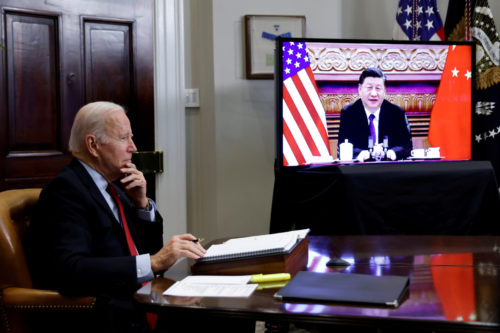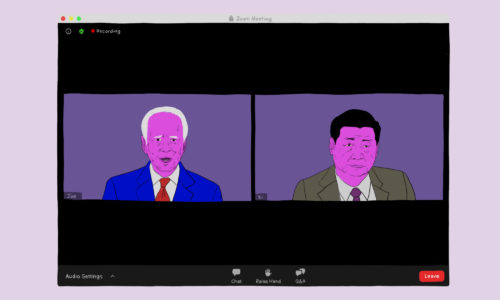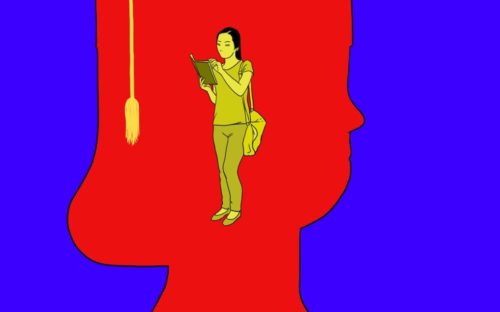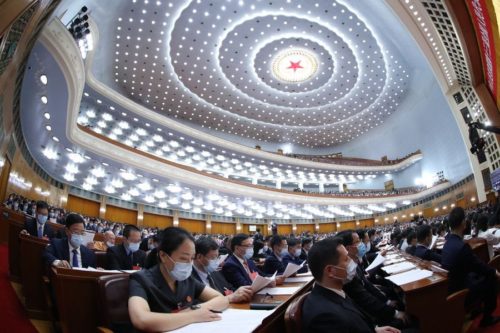China will allow foreign residents to return after six-month border closure
After an expansive border closure early in the pandemic that shut out even foreigners with residency permits, China is reopening its border to some travelers for “work, personal matters and reunion” starting on September 28.

China overcame its initial struggle with COVID-19 and pushed domestic transmission of the virus, at least according to official numbers, down to zero in mid-March. As part of all-out efforts to prevent a second wave as authorities tried to restart the economy, Beijing then implemented what the New York Times called “one of the most comprehensive international travel bans imposed anywhere in the world”:
- Even foreigners with valid visas and residency permits, if they were outside of China, were now barred from entry, with very few exceptions.
- The Chinese Foreign Ministry justified this as a “temporary measure that China is compelled to take in light of the outbreak situation and the practices of other countries.” However, it was hard to forget Beijing’s fierce criticism of less strict travel bans by other countries only a month earlier.
Six months later, foreigners with residency permits are set to be allowed back into the country, the Chinese Foreign Ministry and National Immigration Administration announced today (English, Chinese).
- Starting on September 28, “foreign nationals holding valid Chinese residence permits for work, personal matters and [family] reunion are allowed to enter China with no need for applying for new visas,” the notice reads.
- If a residence permit held on March 28, the day the travel ban went into effect, has expired in the time since, the holder of that visa may reapply “on the condition that the purpose of the holders’ visit to China remains unchanged.”
- Still not allowed in: Tourists, visa holders who do not already hold a residence permit, or more informal workers without a work visa. The status for international students is unclear.
A concession to avoid provoking the U.S.?
Residents from the U.S. and India are also allowed in, despite those two countries having the highest numbers of daily new COVID-19 cases, and both countries being embroiled in political conflicts with China.
It wouldn’t have been surprising if China had made an exception for the U.S., given its horrendous track record of controlling the virus and the recent barrages of tit-for-tat political moves between the two countries. Perhaps, as with the reported reticence of some officials to release the “unreliable entities list,” Beijing is avoiding provoking the U.S. until after its November election.






